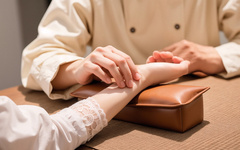Traditional Chinese Medicine (TCM) is based on the principles of Yin and Yang and the Five Elements. As stated in the “Su Wen: On the Full Form of Life,” “Life has form and is inseparable from Yin and Yang.” The normal life activities of the human body result from the opposing and interdependent relationship between Yin and Yang, maintaining a state of coordinated balance. Yin represents darkness, water, tranquility, coldness, and introversion. Yang represents brightness, fire, activity, warmth, and extroversion.

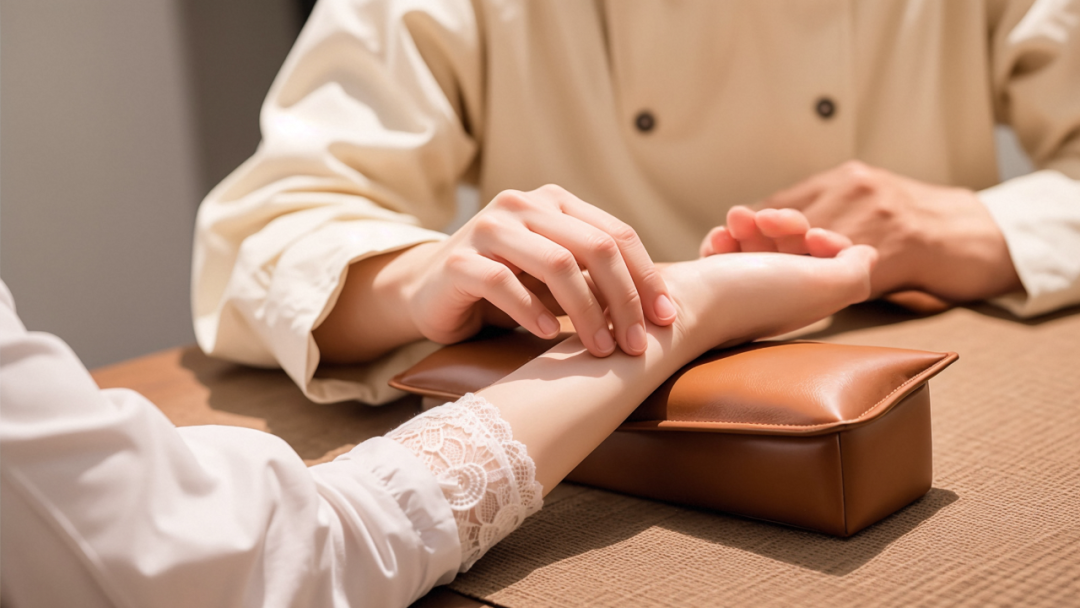
Yin and Yang are like Nezha (Yang) and Ao Bing (Yin) in their “love-hate relationship.” Nezha is Yang, born with a fiery temper, yet deep down desires recognition (external heat, internal cold). Ao Bing is Yin: born with a spiritual pearl, gentle and refined, but burdened by family pressure (external cold, internal heat). Their complementary Yin and Yang allow them to work together against heavenly tribulations.
In TCM theory, the balance of Yin and Yang is the core of health. So how can we adjust the balance of Yin and Yang in our bodies? This can be achieved through dietary choices, daily routines, and emotional management, which help us maintain the balance of Yin and Yang in our bodies.


1. Diet: Achieving Yin and Yang Balance through Food

1.Yang Excess Constitution (prone to heat, easily gets overheated)
Symptoms: dry mouth, acne, constipation, irritability.
Dietary Recommendations: Eat more foods that nourish Yin and reduce heat, such as mung beans, winter melon, pears, white fungus, lilies, and bitter melon.
Avoid: spicy, fried, and barbecued foods that are heat-inducing.
2.Yin Excess Constitution (cold body, sensitive to cold):
Symptoms: cold hands and feet, fatigue, prone to diarrhea, pale complexion.
Dietary Recommendations: Eat more warming foods that dispel cold, such as ginger, red dates, longan, lamb, leeks, and walnuts.
Avoid: cold foods, such as cold drinks, watermelon, and crabs.
3.Balanced Constitution:
Maintain a diverse diet, balancing meat and vegetables, and avoid picky eating. Consume more whole grains, vegetables, and fruits, and limit processed foods.

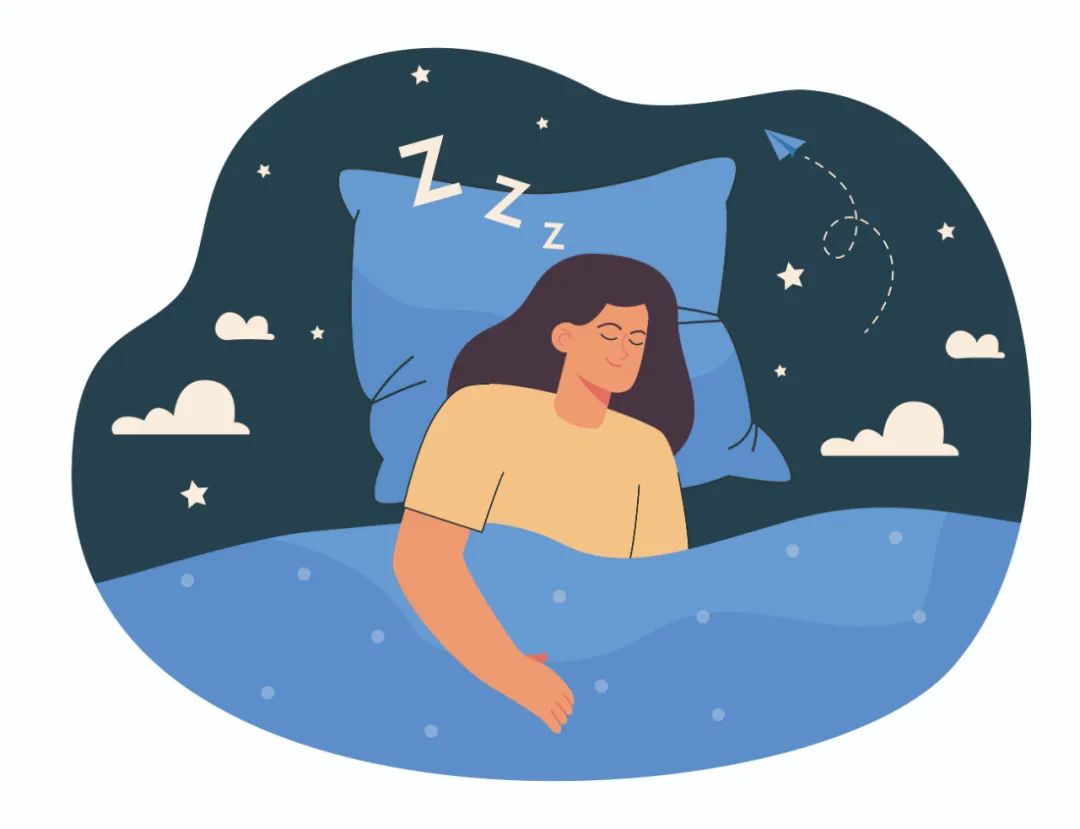


2. Daily Routine: Achieving Yin and Yang Balance through Sleep

Daytime (Yang): This is the time for Yang energy to rise, suitable for activities, work, and exercise.
Recommendation: Wake up early (6-7 AM), get some sunlight to help Yang energy rise.
Nighttime (Yin): This is the time dominated by Yin energy, suitable for quietness, rest, and recovery.
Recommendation: Sleep early (10-11 PM), avoid staying up late, and ensure 7-8 hours of sleep.
Tip: A nap (11 AM-1 PM) is a transitional time for Yin and Yang; a short rest of 15-30 minutes can help restore energy. Avoid intense exercise or excessive mental activity before sleep to prevent excessive Yang energy from affecting sleep.


3. Emotional Management: Adjusting for Yin and Yang Balance

1.Relationship between Emotions and Yin and Yang:
Yang Excess: irritability, impatience, anxiety (excessive Yang energy).
Yin Excess: depression, low mood, negativity (excessive Yin energy).

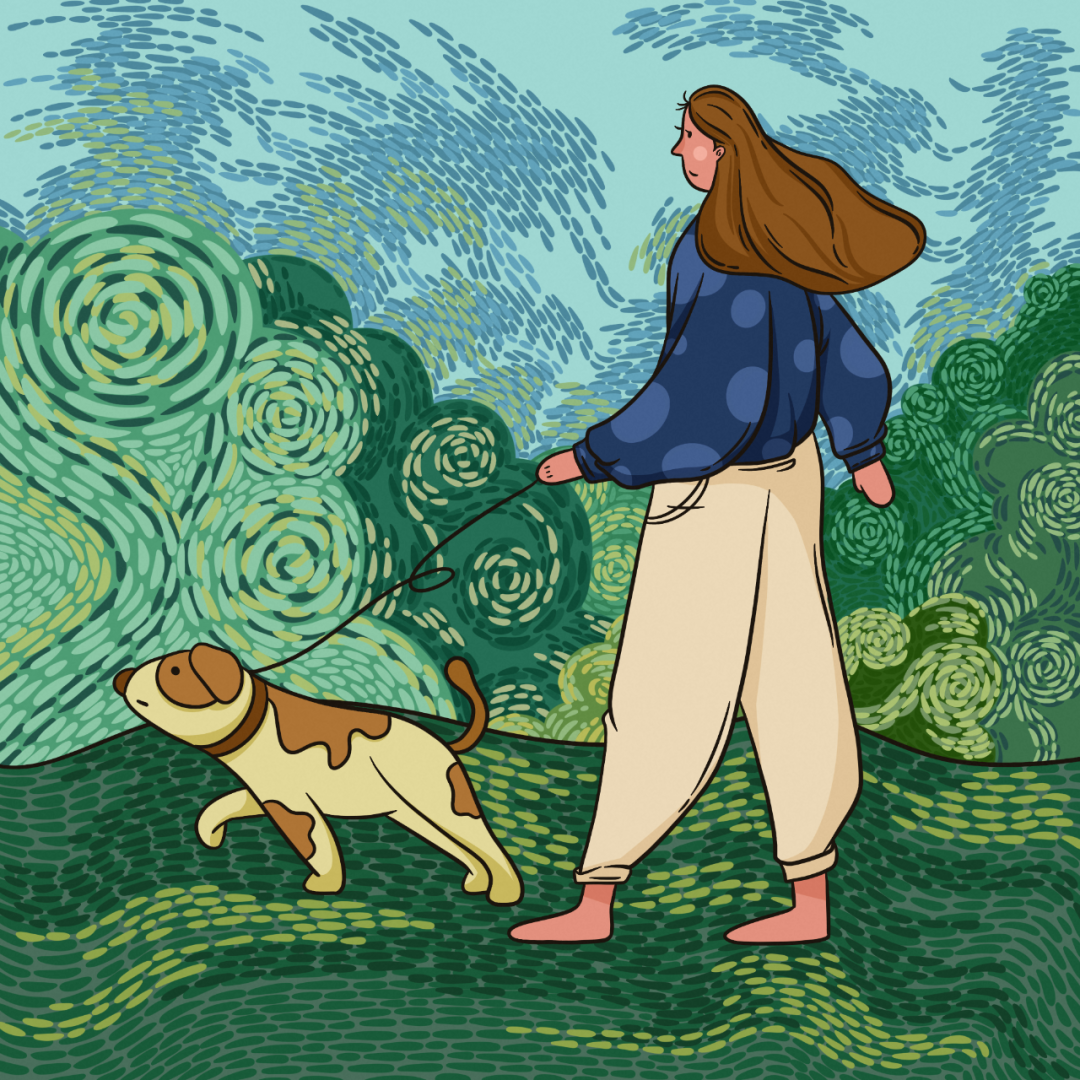
2.Adjustment Methods:
Yang Excess Emotions (irritability, anxiety): Practice deep breathing, meditation, yoga, and other relaxation activities; listen to soothing music, and connect with nature to help “reduce heat.”
Yin Excess Emotions (depression, low mood): Engage in physical activities (such as running, dancing) to help raise Yang energy; socialize with friends and participate in social activities to avoid prolonged solitude.
Maintain a Calm Mindset: Learn to accept emotions without suppressing or excessively expressing them; cultivate hobbies to keep a joyful mood.


4. Daily Habits to Support Yin and Yang Balance

Yang Excess Constitution: Choose gentle exercises, such as Tai Chi or walking.
Yin Excess Constitution: Choose slightly more vigorous exercises, such as running or jumping rope.
Foot Soaking: Soaking feet in the evening (with ginger or mugwort) helps dispel cold (tonify Yang) and promotes blood circulation.
Keep Warm: Especially for those with a Yin Excess constitution, pay attention to keeping the abdomen and feet warm to avoid cold exposure.
In summary, the key to maintaining Yin and Yang balance is: moderate diet, orderly daily routine, and balanced emotions. Everyone should move when it’s time to move, rest when it’s time to rest, eat when it’s time to eat, and sleep when it’s time to sleep—Yin and Yang balance, “My fate is determined by me, not by heaven!”
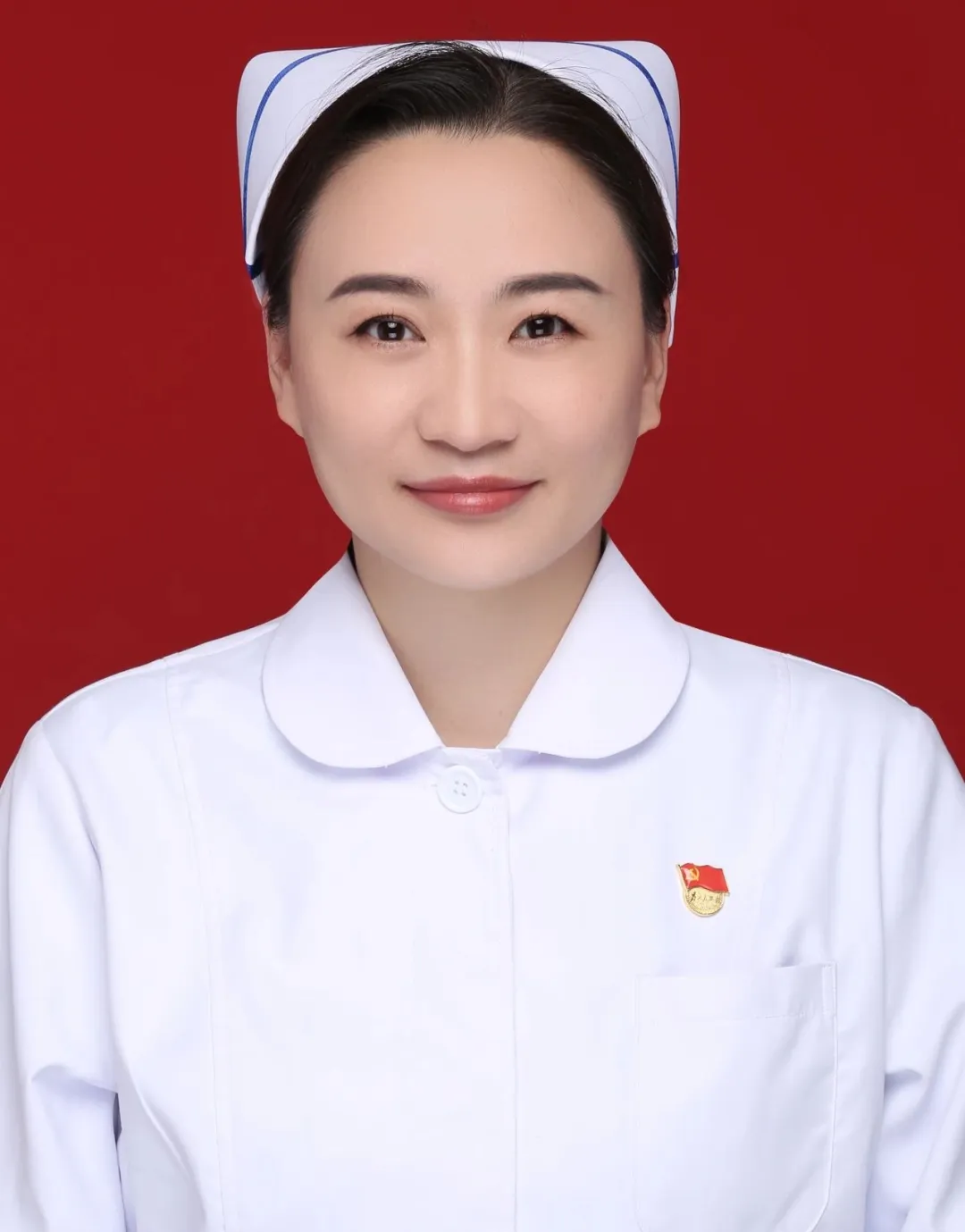
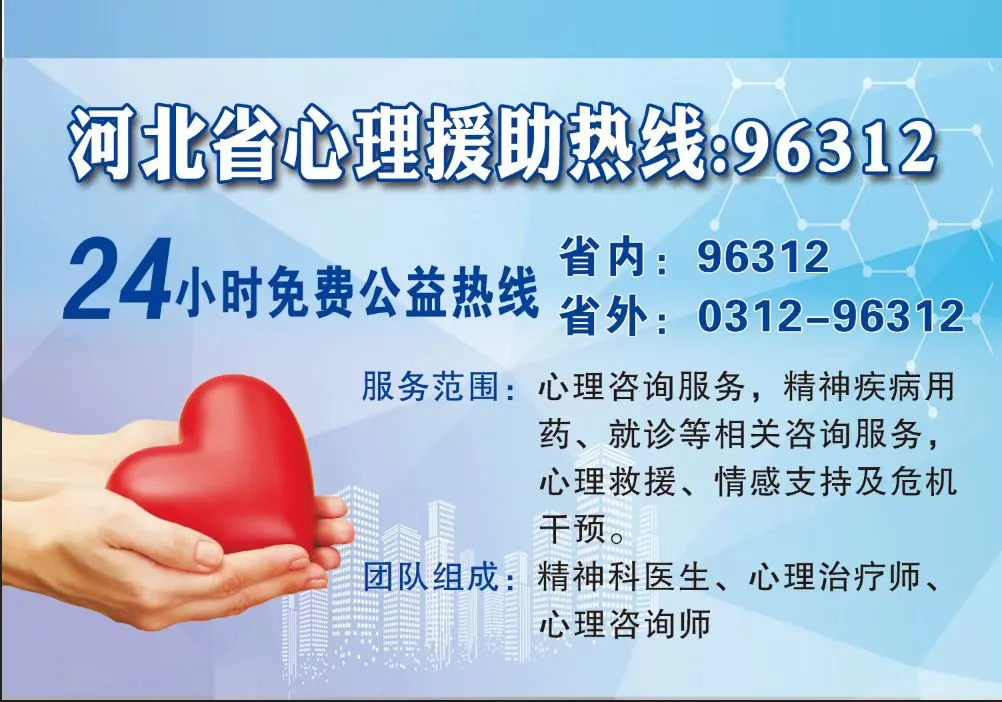
Author Profile
Zhang Yuan
Zhang Yuan: Head Nurse of the Physical Therapy Department, Communist Party member, Chief Nurse, Mental Health Nurse of the Chinese Nursing Association, member of the 10th Emergency Nursing Professional Committee of the Hebei Nursing Association, and member of the Intravenous Therapy Professional Committee of the Baoding Nursing Association. Graduated from Hebei University with a bachelor’s degree. Since starting work in 2012, has engaged in psychiatric nursing for 11 years, receiving honors such as “Advanced Worker, Top Ten Nurses, Excellent Communist Party Member,” and possesses rich clinical nursing and management experience.

Introduction to the Physical Therapy Department:
The Physical Therapy Department consists of a non-convulsive electroconvulsive therapy room (MECT), acupuncture room, and repetitive transcranial magnetic stimulation therapy room. It is responsible for non-convulsive electroconvulsive therapy, acupuncture treatment, and outpatient repetitive transcranial magnetic stimulation therapy for the entire hospital. The department currently has 8 medical, anesthesia, TCM, and nursing staff, including 1 senior title, 1 associate senior title, 5 intermediate titles, and 1 junior title. Non-convulsive electroconvulsive therapy uses brief, appropriate electrical stimulation to the brain, causing loss of consciousness, widespread cortical brain electrical discharge, and systemic convulsions to control psychiatric symptoms. Anesthesia and muscle relaxants are used before treatment to significantly reduce or eliminate convulsions during the electroconvulsive therapy process. This technique has good therapeutic effects, broad indications, high safety, and few complications, suitable for moderate to severe depression, schizophrenia, bipolar disorder, and various drug-resistant psychiatric disorders. Acupuncture stimulates specific points (acupoints) on the body to promote the flow of Qi, invigorate blood circulation, and balance the Yin and Yang of the organs, thereby achieving the goal of strengthening the body and eliminating pathogens, treating mania, insomnia, anxiety, somatization disorders, and other diseases. The department offers various acupuncture techniques, including regular acupuncture, electroacupuncture, scalp acupuncture, auricular acupressure, and Meridian therapy. Repetitive transcranial magnetic stimulation therapy is a stimulation treatment technique that uses pulsed magnetic fields to act on the central nervous system, altering the membrane potential of cortical cells to generate induced currents, affecting brain metabolism and neural electrical activity. It is a purely green, safe, and painless treatment method. It has definite efficacy, no side effects of drug treatment, and does not damage cognitive function. It is suitable for treating sleep disorders, depression, obsessive-compulsive disorder, bipolar disorder, schizophrenia, post-traumatic stress disorder, childhood autism, attention deficit hyperactivity disorder, and other diseases. The staff of the Physical Therapy Department continuously strengthens their learning and summarization of physical therapy techniques, adhering to the work policy of innovation and human-centered service, constantly exploring technical potential, improving technical levels, and better serving the vast number of patients.Department Consultation Phone: 0312-5976235; 0312-5976170. Submitted by | Physical Therapy DepartmentAuthor | Zhang YuanReviewed by | Gao ShuhuiEditor | Wang XiReviewed by | Ma Kejin
Submitted by | Physical Therapy DepartmentAuthor | Zhang YuanReviewed by | Gao ShuhuiEditor | Wang XiReviewed by | Ma Kejin
01
Patients Need Not Wait, Results Standardized: Our Hospital’s New Measures Facilitate Mutual Recognition of Test Results
02
Hebei Province Outpatient Chronic Special Disease Online Application Process
03
Hebei Province Psychological Assistance Hotline——Volunteer Recruitment Notice
Scan to Follow Us
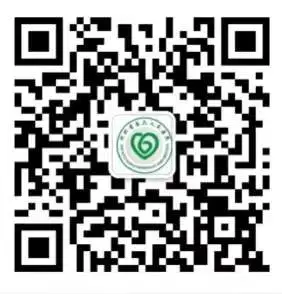

Appointment Registration
Hospital News


Location: 572 Dongfeng East Road, Lianchi District, Baoding City, Hebei Province
Hospital Website: http://www.hbs6yy.com
Hospital Address: 572 Dongfeng East Road, Lianchi District, Baoding City, Hebei Province
Appointment Phone: 0312—5976228
Bus Routes: Take bus 17, 61, 101, or 1 to the Military Academy Square stop

